EC/CF/TDS
What is conductivity?
Conductivity (measured in ppm, EC, TDS, CF) is the total soluble salts contained within a liquid solution.
Pure water does not contain salts, so it has a conductivity measurement of zero. By adding soluble elements to the water, electricity is able to move through the solution giving it a conductivity rating.
So why is it important?
Using hydroponics as an example, different crops grow well at different levels of nutrient strength (Electrical Conductivity – EC). Controlling this nutrient strength is all important in providing the best conditions for your crop. Without proper measurement your crop could fail from root burn brought on by too high a nutrient level, or death by natural causes from not receiving the vital elements they need to grow.
Different crops grow well at different levels of nutrient strength. It is important to control the nutrient strength to provide the conditions in the root zone which provide maximum uptake of balanced nutrition into the plant, while minimising stress.
For each crop there is a range in which the nutrient strength is optimal, providing enough nutrient for growth, but not so strong that the concentration of salts in the plant gets too high. Electronic meters are available to measure the conductivity of the nutrient solution. (1)
(1) Supplied from Bluelab Website
Showing all 7 results
- Add to cart
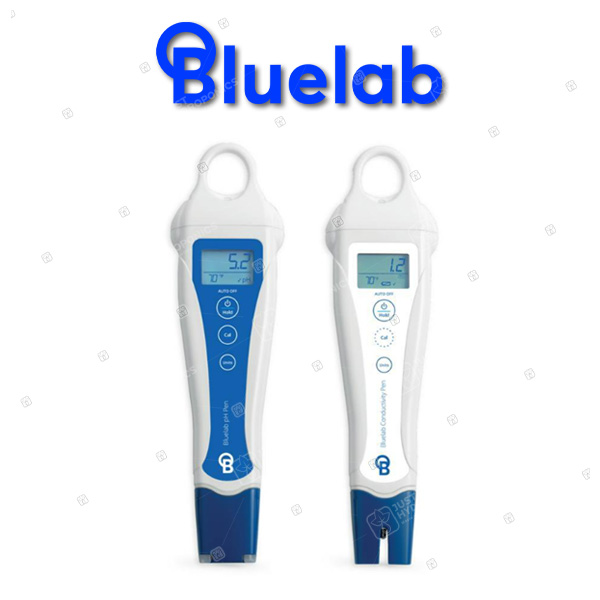
BLUELAB PH & CONDUCTIVITY STARTER PACK
AUD $300.00 - Add to cart
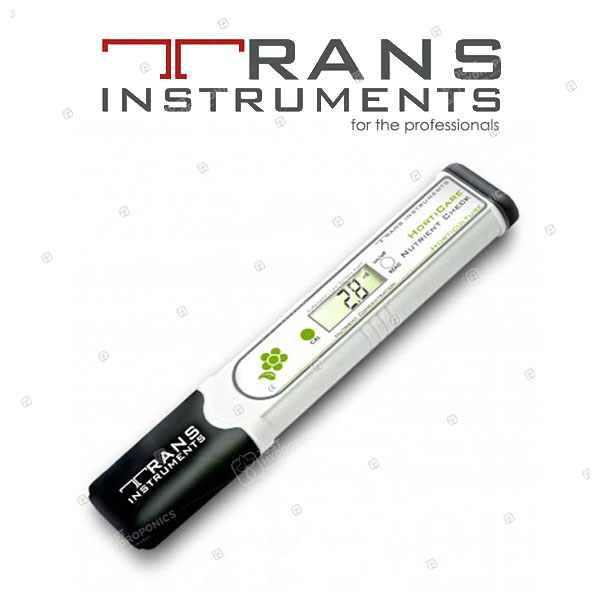
HortiCare Nutrient Check 0.1 – 19.9 PH
AUD $120.00 - Add to cart
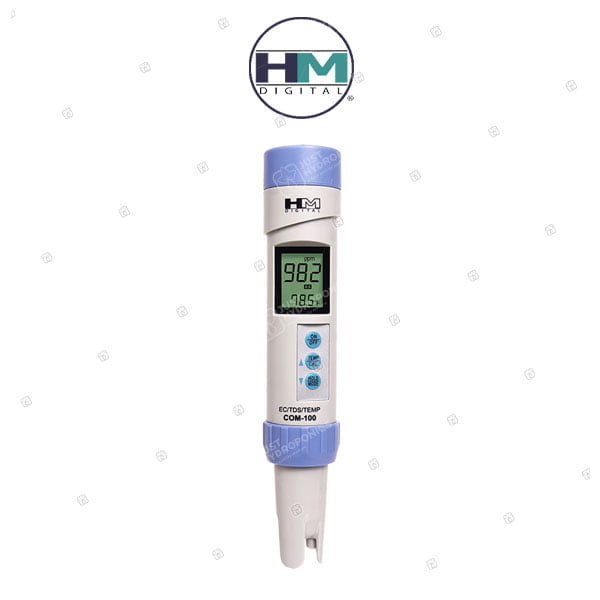
COM-100 EC/TDS Meter
AUD $150.00 - Add to cart
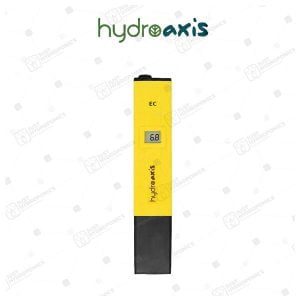
HYDRO AXIS EC Meter
AUD $50.00 - Add to cart

Bluelab Pulse Multimedia EC/MC Meter
AUD $415.00 - Add to cart
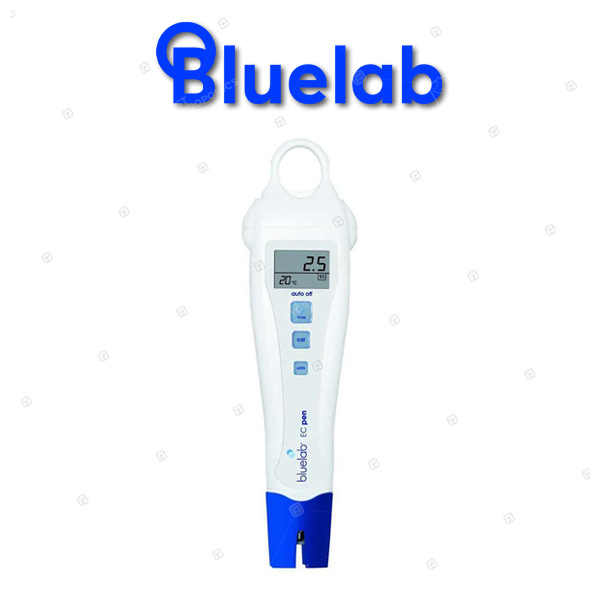
Bluelab EC Pen
AUD $125.00 - Add to cart

Bluelab CF Truncheon
AUD $165.00
